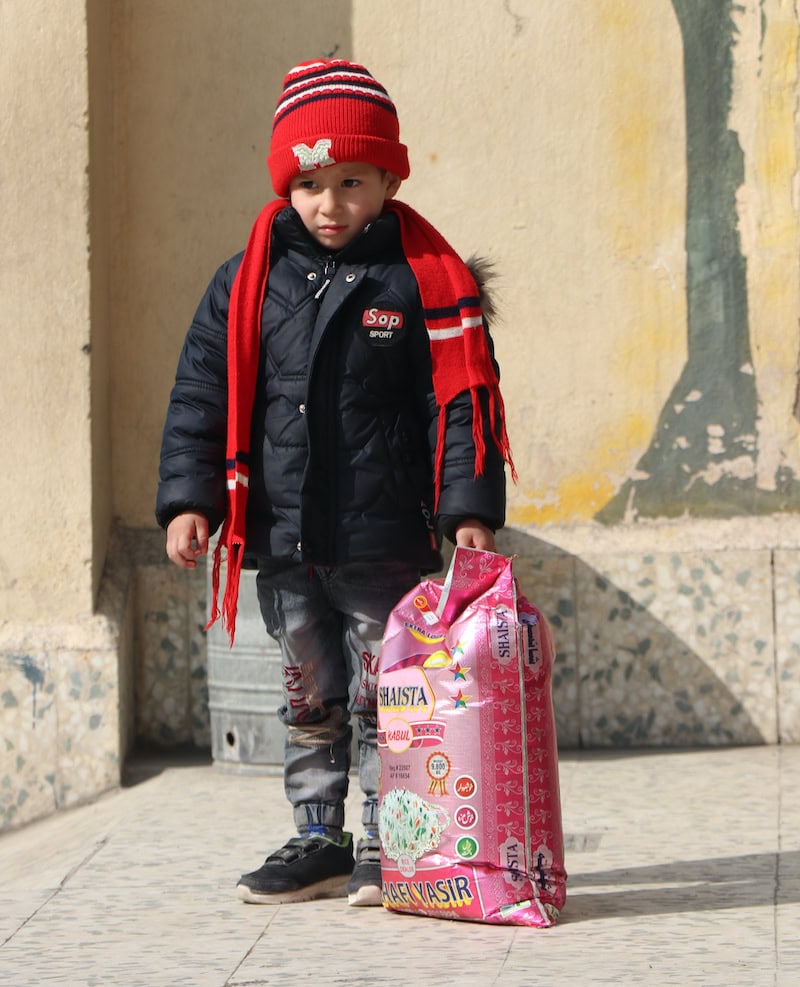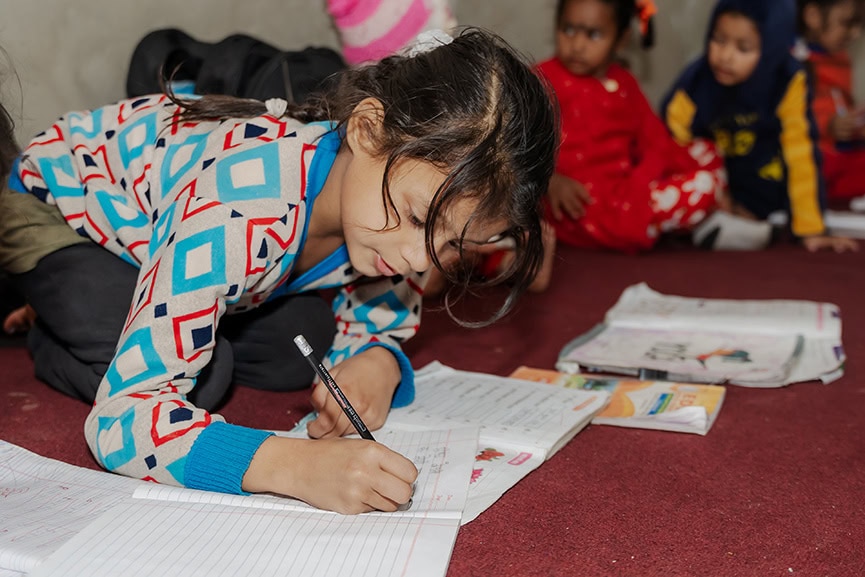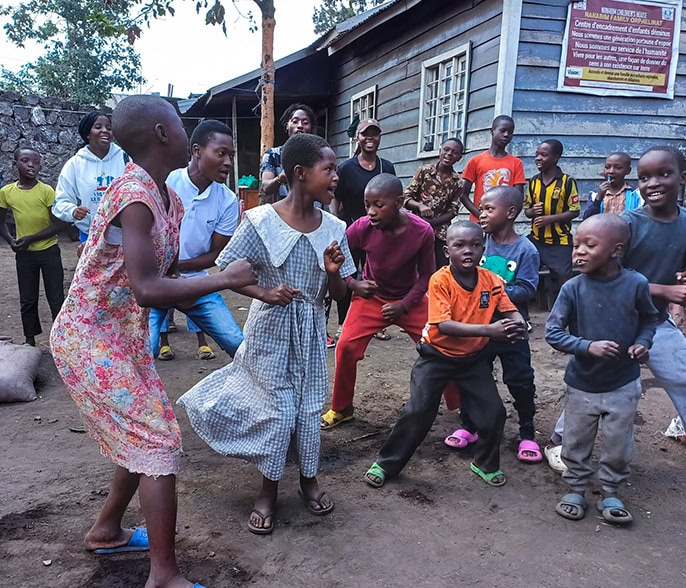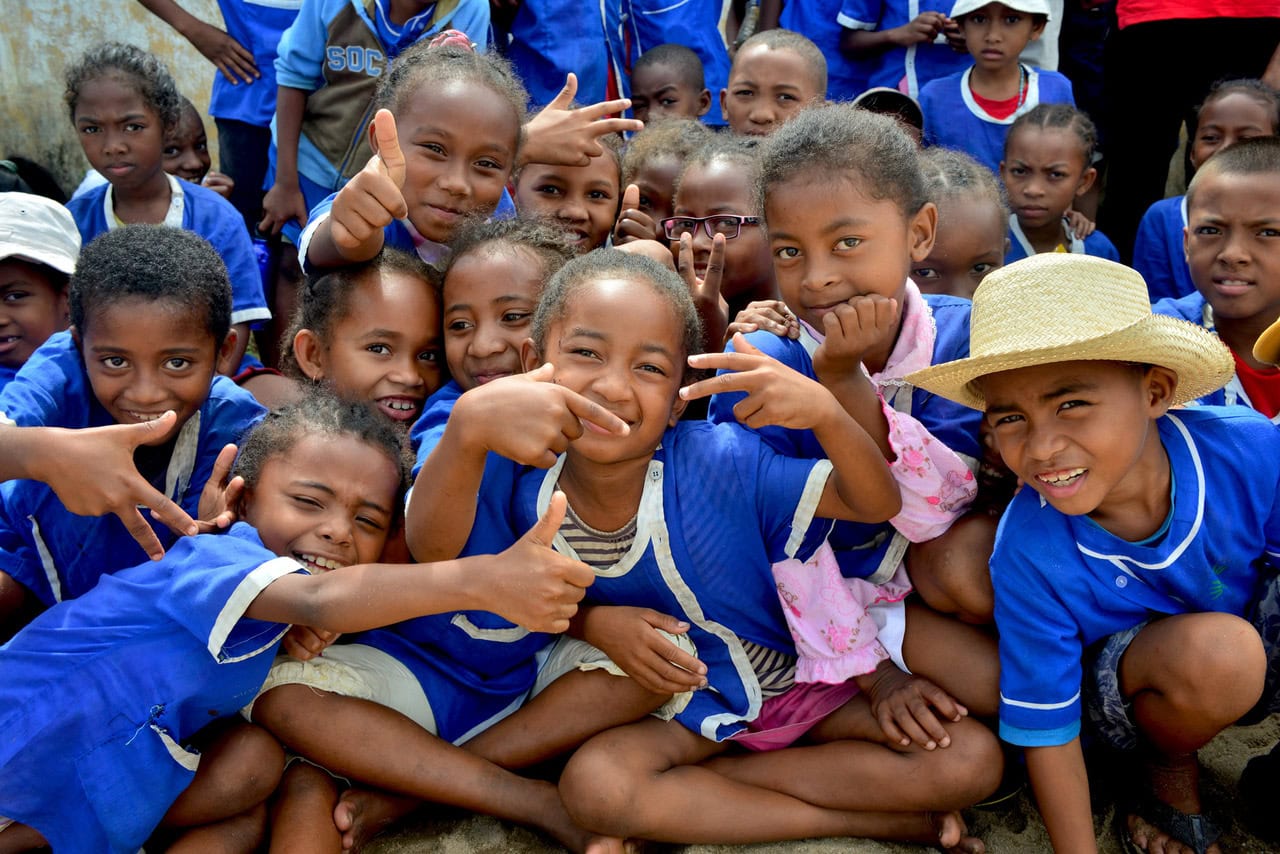This website uses cookies so that we can provide you with the best user experience possible. Cookie information is stored in your browser and performs functions such as recognising you when you return to our website and helping our team to understand which sections of the website you find most interesting and useful.
Chess Activities in Bristol’s Primary Schools – UK

Charity:
Chess in Schools and Communities
Chess in Schools aims to improve educational outcomes and social development through the world’s oldest game.
Country
UK
Start Year:
2013
Run Time:
1
Participant Age:
6-11 years
Which UN SDGs?
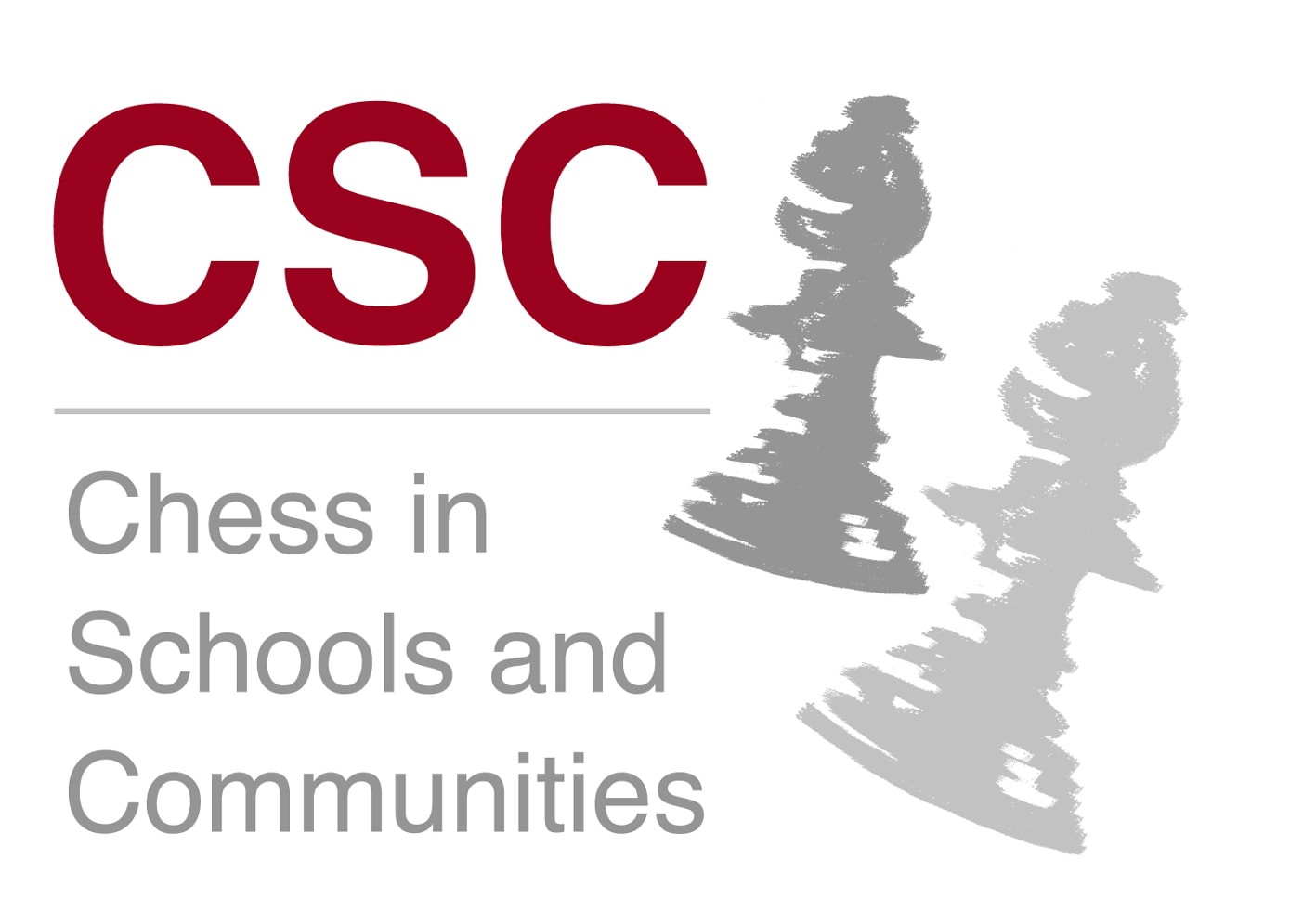
What is Co-Funding?
Co-funding with the ALMT allows individuals, other Trusts and Foundations, and Companies to contribute funds directly to individual, vetted and approved, project partnerships. With fifteen years of experience awarding grants and working in partnership with children’s organisations around the world, the ALMT is best placed to support you in your philanthropy.
Chess in Schools and Communities has the mission is to improve children’s educational outcomes and foster their social development by introducing them to the game of chess in primary schools and inner-city communities. the ALMT is proud to be supporting the expansion of their programme into Bristol. There is a widening attainment gap between primary schools in leafy areas compared to those in deprived or challenging neighbourhoods. Schools and local educational authorities are looking for innovative ways to address this situation, and based on well documented research, chess can be part of the solution.
Chess makes children smarter by engendering the following skills: Concentration, logical reasoning and problem solving. Chess builds self-esteem, increases patience, encourages good sportsmanship and respect for others. It encourages children to plan ahead, foresee consequences and take responsibility for their actions. Chess crosses all barriers; social, age, race, religion, gender and physical ability. Learning chess is a life skill that can give an outlet to any child who masters it. The game often brings the most benefit to children in class who are the quietest, who struggle to get noticed in other contexts or have difficulty in normal school environments. There are many studies that show the link between learning to play chess and an increase in children’s attainment. The game is compulsory in some countries and widespread in others. ALMT funding in Bristol includes free chess sets, teaching aids and software, weekly visits from experienced chess tutors, coaching for the whole class, a curriculum that develops thinking skills and supports other curriculum areas and free courses for education professionals and parents on how to teach chess.
Related Projects
- Afghanistan
- 2022
- - 2025
Linda Norgrove Foundation supports education, health and childcare for women and children in Afghanistan affected by war.
- Nepal
- 2024
- - 2025
Kidasha works with local partners to ensure that every child in Nepal has a safe and bright future.
- Democratic Republic of Congo
- 2024
- - 2025
Developing the skills of young people to form the next generation of leaders in the Democratic Republic of Congo.
- Madagascar
- 2024
- - 2025
Providing lifelong access to safe drinking water for school children in Madagascar
